THE Western Sydney golden girl Betty Cuthbert, who set the nation alight with her astounding feats at the Melbourne Olympics, lost the race she could never win on Sunday night, dying after a 48-year battle with multiple sclerosis.
Cuthbert burst into the national consciousness as a modest 18-year-old at the 1956 games, when she won every sprint gold medal available to women — the 100m, the 200m and the 4x100m relay.
Injury would rob her of the chance to defend her titles at the 1960 Rome games but she returned at Tokyo in 1964 to win her fourth gold medal, this time in the 400m.
Cuthbert remains the only athlete in history to win Olympic gold in the 100m, 200m and 400m events.
“Betty is an inspiration and her story will continue to inspire Australian athletes for generations to come”
She was the first Australian inducted into the International Association of Athletics Federations Hall of Fame when it was founded in 2012, alongside legends such as Jesse Owens and Carl Lewis.
Yesterday, friends, family and admirers remembered the 79-year-old as a modest but committed athlete who fought hard on the track and even harder off it.
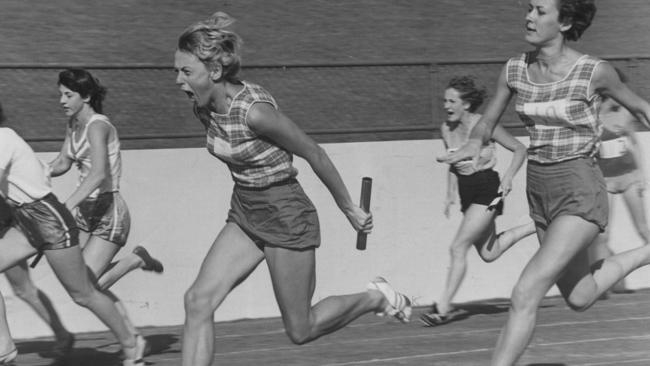
Australian Olympic Committee president John Coates paid tribute to Cuthbert, saying Australia had lost a sporting legend.
“Betty was the Golden Girl of the track and a national heroine,” Mr Coates said. “It’s very sad to lose such a great champion. Betty battled her illness for many years and showed tremendous courage, but more importantly she always managed to smile.”
Cathy Freeman, the only other Australian to have won 400m Olympic gold, said it was “a very sad day”.
“Betty is an inspiration and her story will continue to inspire Australian athletes for generations to come,” Freeman said.
“I’m so happy I got to meet such a tremendous and gracious role model, and Olympic champion.”
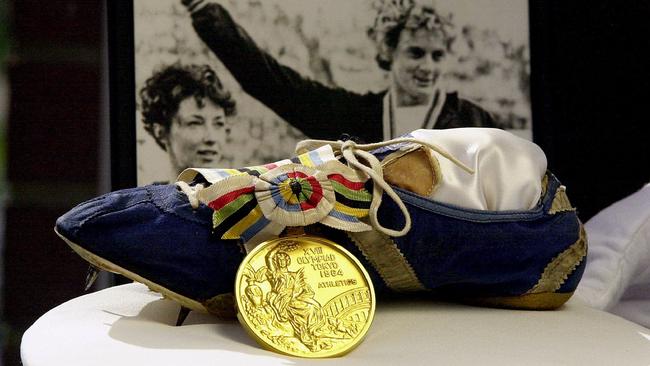
Athletics Australia president Mark Arbib paid tribute to an “an icon of Australian and international athletics”, while Sport Australia Hall of Fame chairman John Bertrand spoke of a nation’s love for an original golden girl.
Prime Minister Malcolm Turnbull and Opposition Leader Bill Shorten were among thousands of Australians who took to social media to honour Cuthbert yesterday.
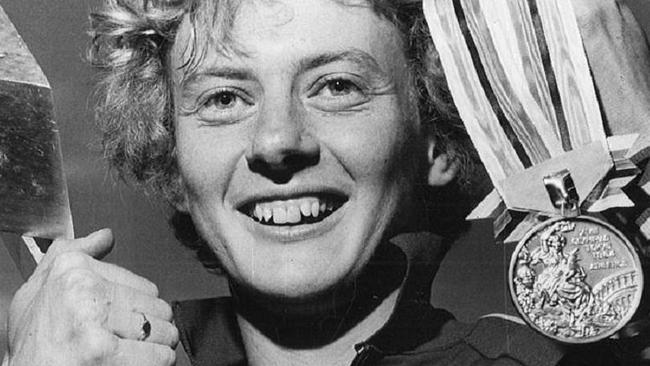
Elizabeth Alyse Cuthbert was born, feet first, in Merrylands in 1938 — seconds before her younger twin Marie. As a child she would run up and down the rows in the family’s nursery. At age eight, running barefoot, she would beat boys and girls alike in races at Ermington Public School.
She was noticed by a teacher, who encouraged her to run competitively, setting her on an early path to NSW Championships victories and a school trophy for best sports girl.
While harbouring a killer instinct as an athlete, Cuthbert remained modest. She rated her chances of selection in the 1956 Australian team so poorly that she bought tickets to attend the Melbourne Games as a spectator.
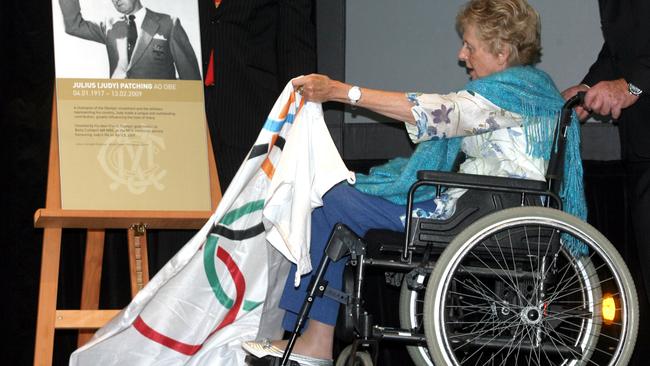
In 1969 she discovered she had multiple sclerosis.
She would battle the condition for the rest of her life, spending much of her later years in a wheelchair.
In 2000, she was one of the final bearers to hand the Olympic torch to Freeman before she lit the flame at the Sydney Games.
Cuthbert’s twin sister Marie “Midge” Johnston said the athletics legend had also struggled with dementia in recent years.
“I’d worry she’d forget me but she remembered me each time and she’d say, ‘Midge, of course I remember you,’” Ms Johnston said.
Former vice-president at Cuthbert’s old Western Suburbs Athletics Club Don Brodie, who was a hopeful 800m runner at the time she was making her mark, remembered a star in the making.
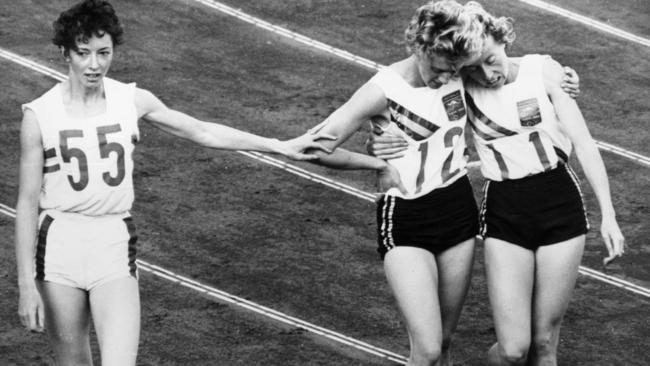
“She was strong and determined, and a brilliant athlete, the greatest athlete our club ever had and we had some good ones,” he said.
Meril Forster, who attended Ermington Public School with Cuthbert, remembered an unassuming girl full of talent.
“She was lovely, quite well-spoken, a very quiet and unassuming person ... I know she wasn’t full of confidence,” Ms Forster said.
The school’s principal Jennifer Scuglia said a perpetual memorial trophy in their star pupil’s name would be introduced this year for the most promising athlete.
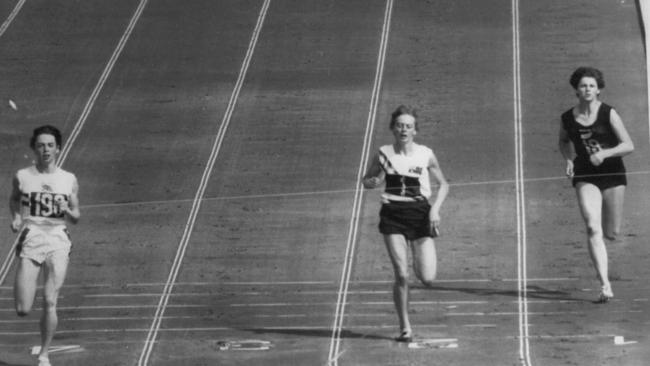
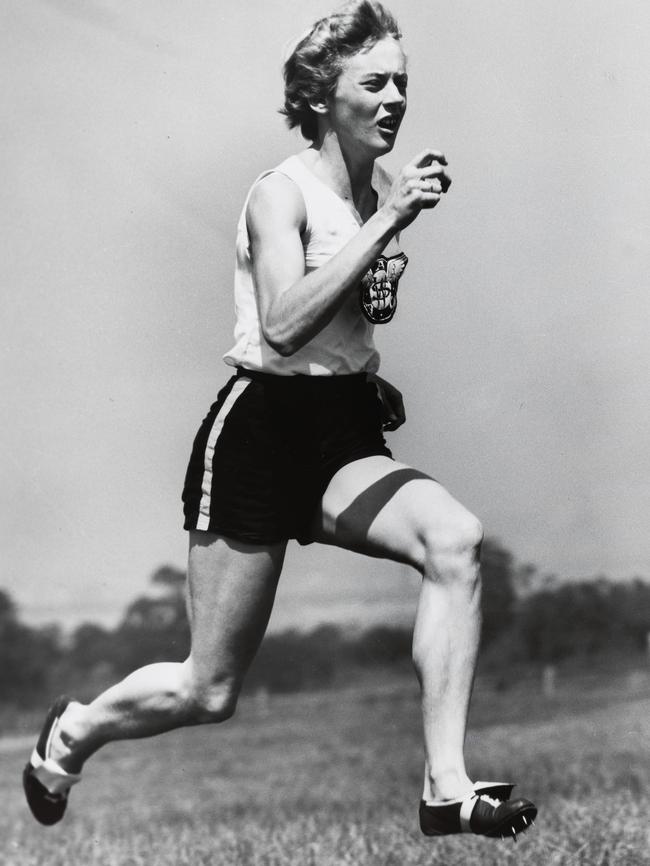
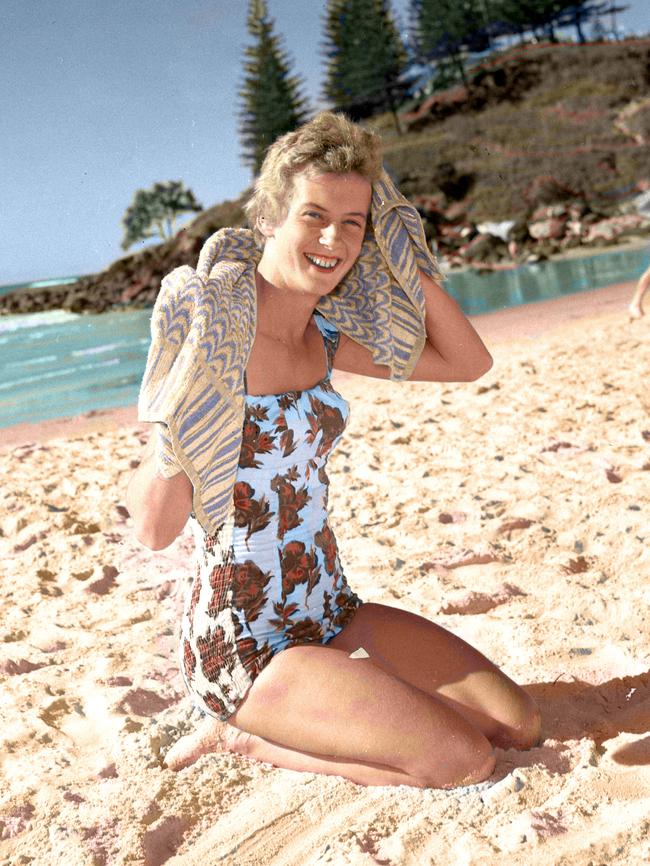
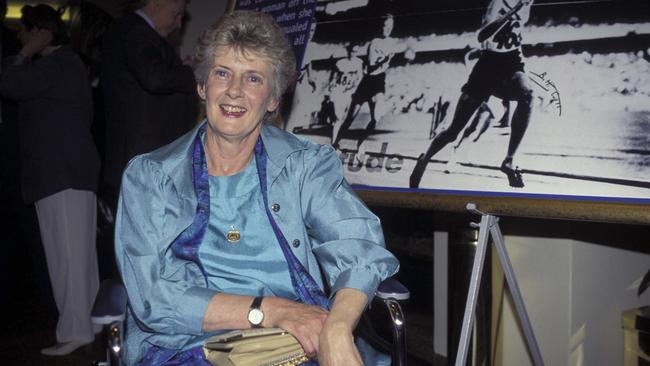
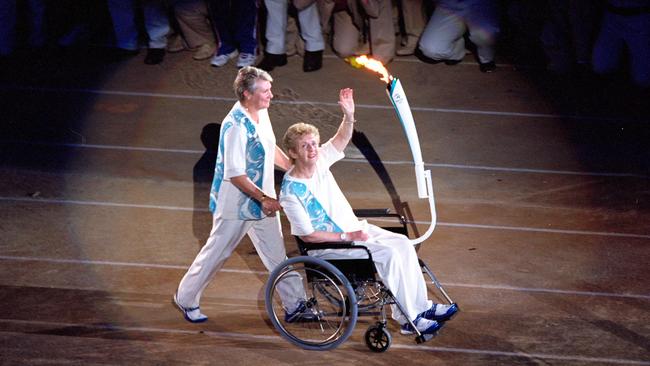
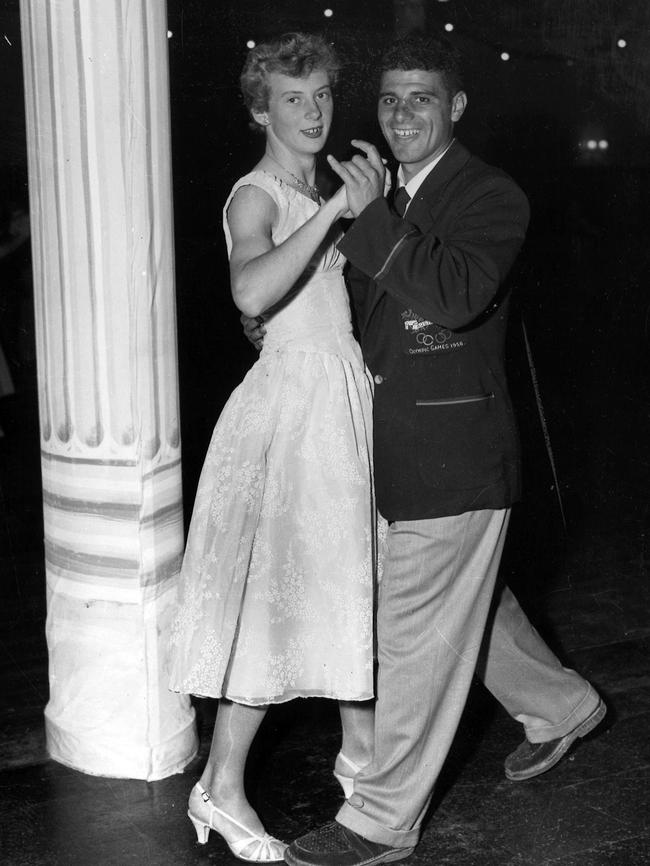
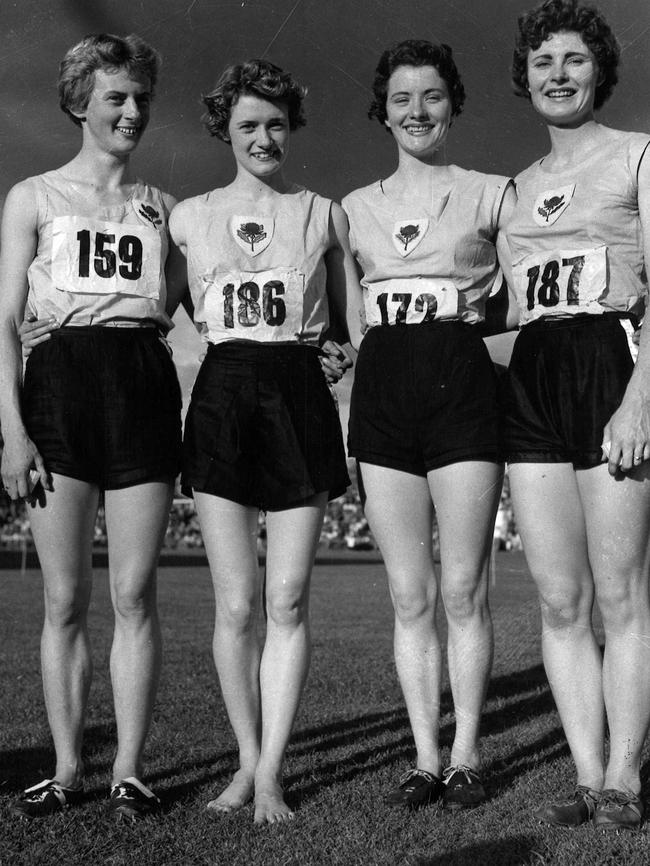

Here’s what you can expect with tomorrow’s Parramatta weather
As summer moves towards autumn what can locals expect tomorrow? We have the latest word from the Weather Bureau.
Here’s what you can expect with tomorrow’s Parramatta weather
As summer moves towards autumn what can locals expect tomorrow? We have the latest word from the Weather Bureau.